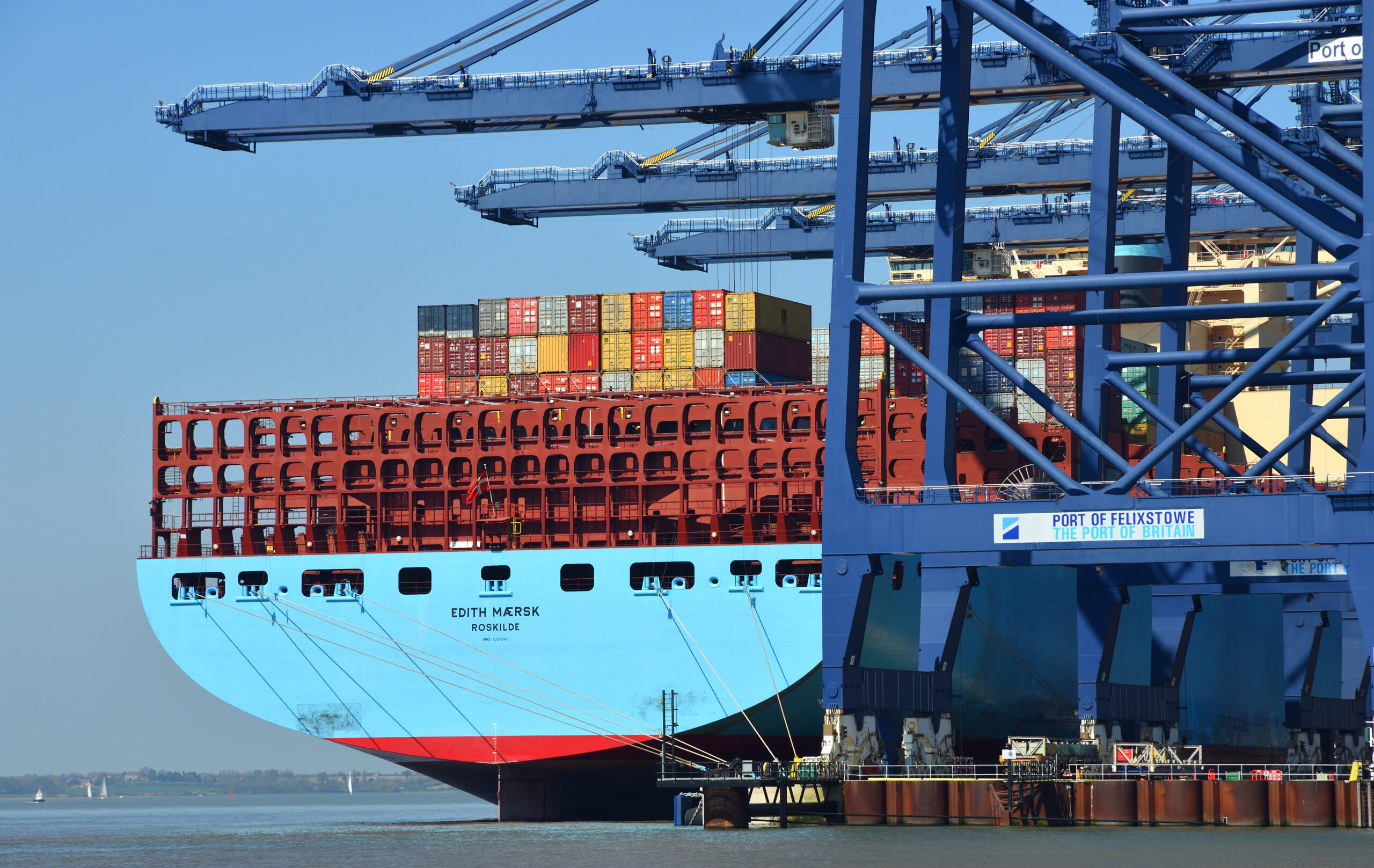The UK government has unveiled its Maritime Decarbonisation Strategy, which aims to reduce well-to-wake greenhouse gas (GHG) emissions by 30% by 2030, 80% by 2040, and to reach net zero by 2050. The new strategy aligns with the International Maritime Organization’s (IMO) 2050 net-zero targets and anticipates the global levy on shipping emissions set to be adopted at the upcoming meeting of the Marine Environment Protection Committee (MEPC 83) in April.
Mirroring the EU’s approach, from 2026 the UK ETS will require vessels over 5,000 gross tonnes making domestic voyages or docking at UK ports to purchase carbon credits to cover their CO2 emissions. The scheme will place additional cost pressures on operators of high-emissions vessels such as tankers and cruise ships, incentivising investment in alternative fuels and energy efficiency measures.
While industry bodies such as the UK Chamber of Shipping and the British Ports Association have welcomed the move, they stress that a carbon pricing mechanism on its own will be insufficient to drive the maritime energy transition in the UK. A clear regulatory framework, investment in alternative fuels, and infrastructural improvements (particularly shore power availability at UK ports) are essential to ensure compliance and prevent a competitiveness disparity emerging between UK and EU ship operators.
Rhett Hatcher, CEO of the UK Chamber of Shipping, responding to the announcement, commented: ‘Across our sector, we have already invested in new technologies and pioneering innovations to meet our commitments and are leading the drive to net zero. We therefore welcome the Government’s publication of the Maritime Decarbonisation Strategy as a much-needed successor to the 2019 Clean Maritime Plan.’
Concurrent with the strategy’s release, the government has launched two calls for evidence to shape future policy interventions. The first seeks industry insights into reducing emissions from ships at berth, assessing the role of ports in the energy transition, and identifying necessary infrastructure upgrades. The second focuses on the decarbonisation of smaller vessels, a segment of the industry often overlooked in larger-scale policy discussions.
The strategy reveals that the government is exploring additional measures to increase demand for low- and zero-carbon fuels from 2026, with potential regulations targeting both vessel operators and fuel suppliers. As global regulations on zero-carbon shipping fuel will not come into effect until at least 2027, and cost-competitive renewable fuels will take time to be produced at scale, UK operators may be left in a regulatory grey zone regarding long-term investment decisions.
Mike Kane, Minister for Aviation, Maritime and Security, said: ‘Climate change is one of the greatest challenges we face today. Working together with industry and international partners, we are driving down emissions in every corner of the economy. As part of our Plan for Change, we’re committed to making the UK a green energy superpower and our maritime decarbonisation strategy will help us build a cleaner, more resilient maritime nation.’
The UK’s Maritime Decarbonisation Strategy indicates to industry the government’s commitment to aligning domestic shipping emissions with international climate goals. Achieving net zero by 2050 will require immediate regulatory action, long-term investment, and close industry collaboration. While this announcement has been met with a degree of optimism by key UK maritime organisations, they have warned the government that regulatory clarity and infrastructure developments are required to prevent progress from stalling.



